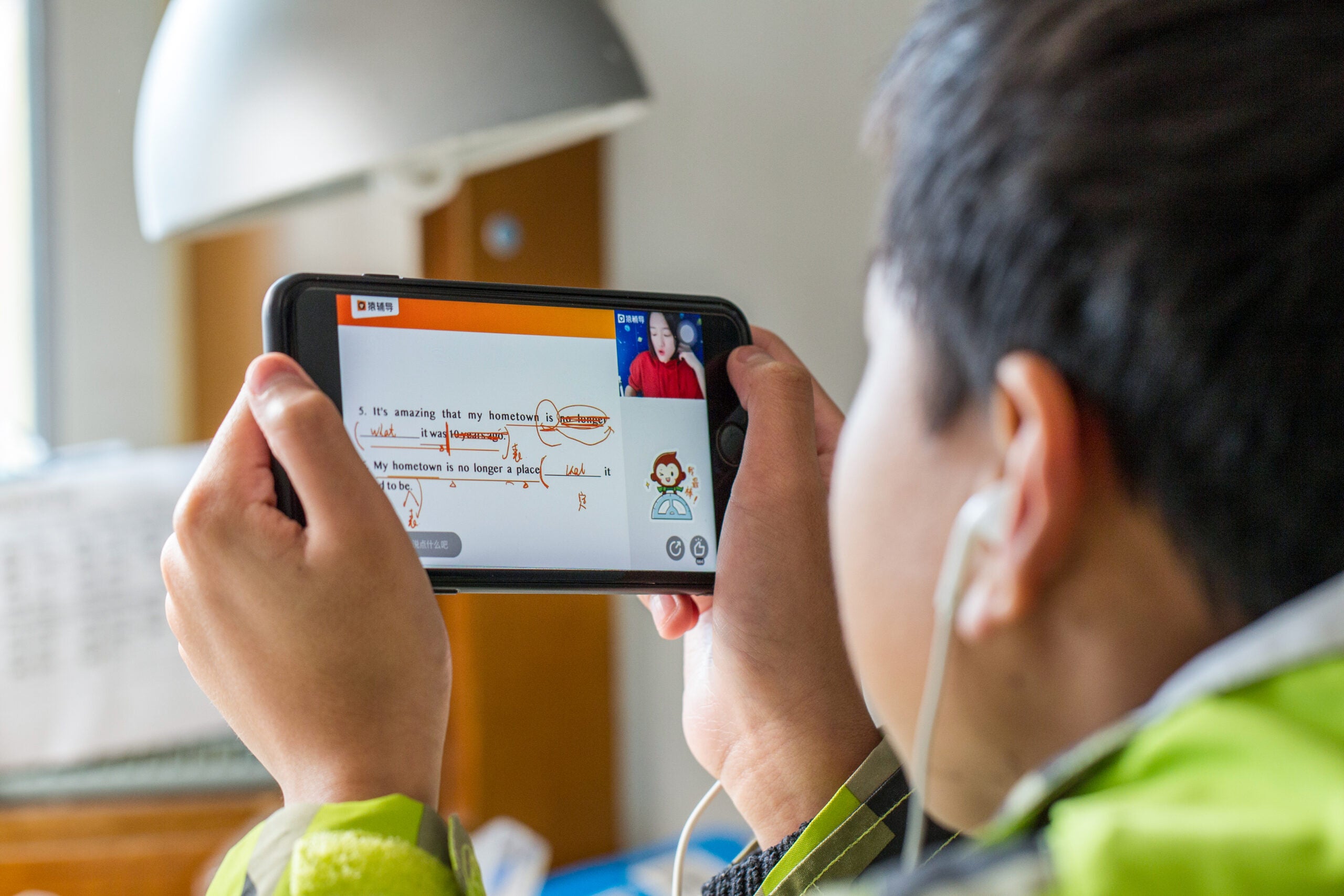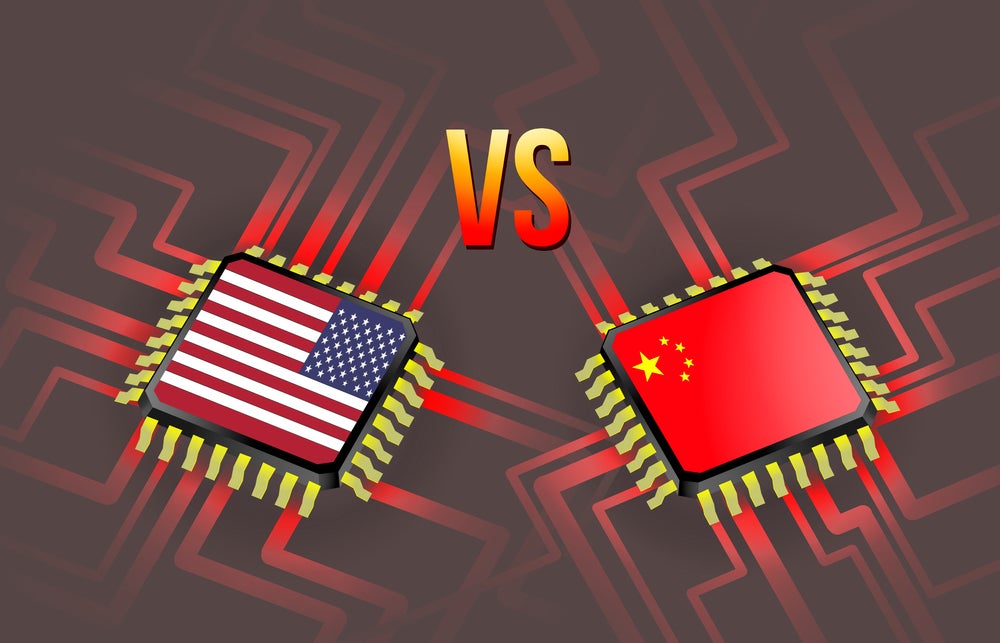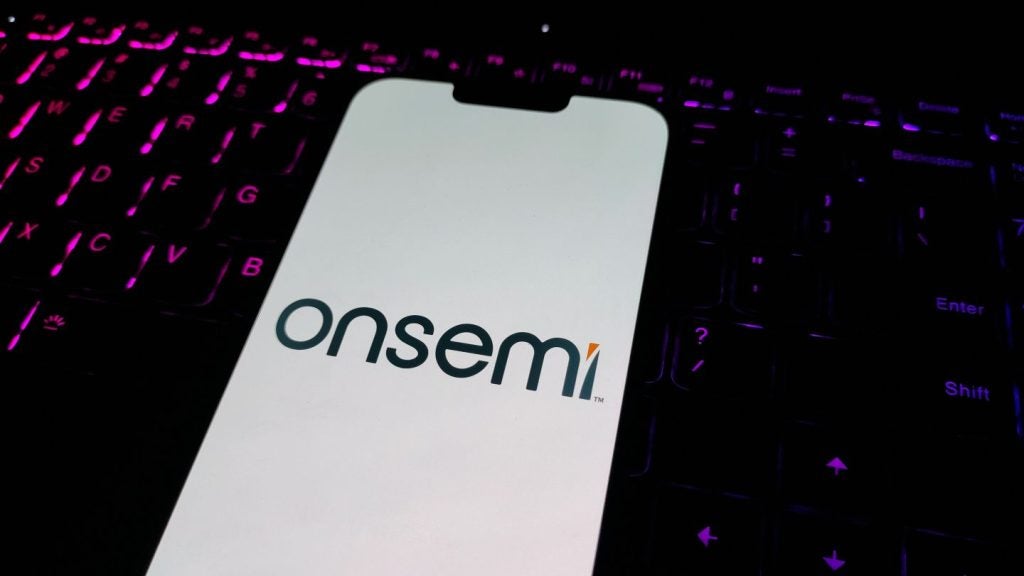
Various edtech companies in China have been forced to drastically cut their employee numbers, following Beijing’s latest regulatory crackdown on after-school tutoring platforms.
ByteDance, the Chinese social media giant behind TikTok, has laid off hundreds of employees from its edtech unit, according to a report from Chinese news source LatePost. Meanwhile, foreign-based language learning apps such as Duolingo and Memrise disappeared from some of China’s biggest Android app stores on Thursday.
Edtech companies based in China are grappling with the fallout from recent regulations that impose strict limits on business operations and financial activities, and completely ban online tutoring for pre-school children.
Last month, Chinese regulators introduced the new policy. The new policy was supposedly designed to ease pressures on school children, who have suffered from China’s highly competitive education system. It’s also aimed to boost birth rates by reducing living costs for families in the country’s major cities.
“The problem is the hassle and cost of bringing up children in China with high educational, healthcare and property costs, which is sorely afflicting the post-1990 generation’s attitude to having any children at all,” says Michael Orme, senior analyst at GlobalData and China specialist.
In addition, the edtech sector in China has recently faced various scandals concerning scams, monopolistic practices, and excessive fees, he added.
Accordingly, ByteDance is scaling back its Pre-K focused-businesses and focusing more on other sectors such as vocational education.
The layoffs affect employees of Dali Education, ByteDance’s standalone edtech brand that runs the short video giant’s education products, including Pre-K education platform Guagua Long and one-on-one English tutoring app GoGoKid, LatePost reported.
Guagua Long will suspend sales of all its online trial courses by mid-August and lay off half of its in-house tutors by the end of August, according to the report.
GoGoKid, the company’s English tutoring app targeting kids up to 12 years old, has been removed from app stores in China and will be shut down completely, according to LatePost.
Verdict was not able to independently verify this report. ByteDance did not immediately respond to a request to comment.
Separately, another Chinese edtech company, VIPThink, also had a bad day. According to Chinese media, the company will be forced to lay off nearly all its workers, following Beijing’s regulations. The layoff ratio is reported to be as high as 70%-80%.
Language-learning apps caught in the crossfire
Meanwhile, overseas-based language-learning apps such as Duolingo, Memrise and Beelinguapp, have all disappeared from some of China’s biggest Android app stores.
The Duolingo app was unavailable to download on Friday morning from certain Chinese app stores, including those run by Huawei and Xiaomi, but it remained available on Apple’s App Store in the country, the South China Morning Post reported.
Although language-learning apps are not directly targeted by China’s new regulations, one specific new requirement points out that teachers based in overseas countries are “strictly banned” from teaching to students in China.
It is unclear whether the removal of these language-learning apps from certain app stores was a direct result of China’s latest regulations.
Duolingo and Memrise, did not immediately respond to Verdict’s request to comment.
Beijing’s costly battle with education
According to GlobalData’s analysis, China’s latest regulatory crackdown will potentially shift the future investment balance towards US and Indian edtech companies whose growth has been equally swift, particularly in the case of Byju’s.
China’s sweeping overhaul of its $100bn private education industry will eliminate foreign investors from much of the sector. It may lead to billions of dollars of investment from groups such as Tencent, Alibaba, Sequoia, SoftBank’s Vision Fund, and other private equity firms being written down or written off. The outcome will be a shrinking sector.
The regulation, however, does not come as a surprise, considering that one of the country’s top priorities is boosting a declining birth rate.
Chinese parents spend an average of 120,000 yuan ($17,400) a year on extracurricular tutoring for their children, believing that a good education will help them climb the social ladder. Some will pay up to 300,000 yuan ($43,500), according to the Chinese Education Society. But the Chinese government is concerned that the financial burden on parents has become excessive.
China’s current regulatory crusade on edtech follows similar crackdowns that began with fintech and then hit ride-hailing, with Didi Chuxing suffering the regulator’s wrath.
Most recently, the gaming industry expressed concerns that it might be next on Beijing’s chopping block. Earlier this week, Chinese online gaming stocks tumbled after a state-affiliated media outlet described video gaming as “spiritual opium”.
Video game addiction has become a rising problem among Chinese children and adolescents. Before the advent of mobile gaming and China’s video game market becoming the biggest in the world, a report cited in 2007 claimed 6% of China’s teenaged population were playing online games more than 40 hours a week.
Beijing cracking down on education and restricting gaming practices also ties in with its overarching goal of “improving the quality of its human capital,” explains Orme.
“It’s about getting the balance right between childrens’ formal education and extracurricular activities in terms of content, time allocation and intensity. Hence the crackdown on gaming,” he added.







